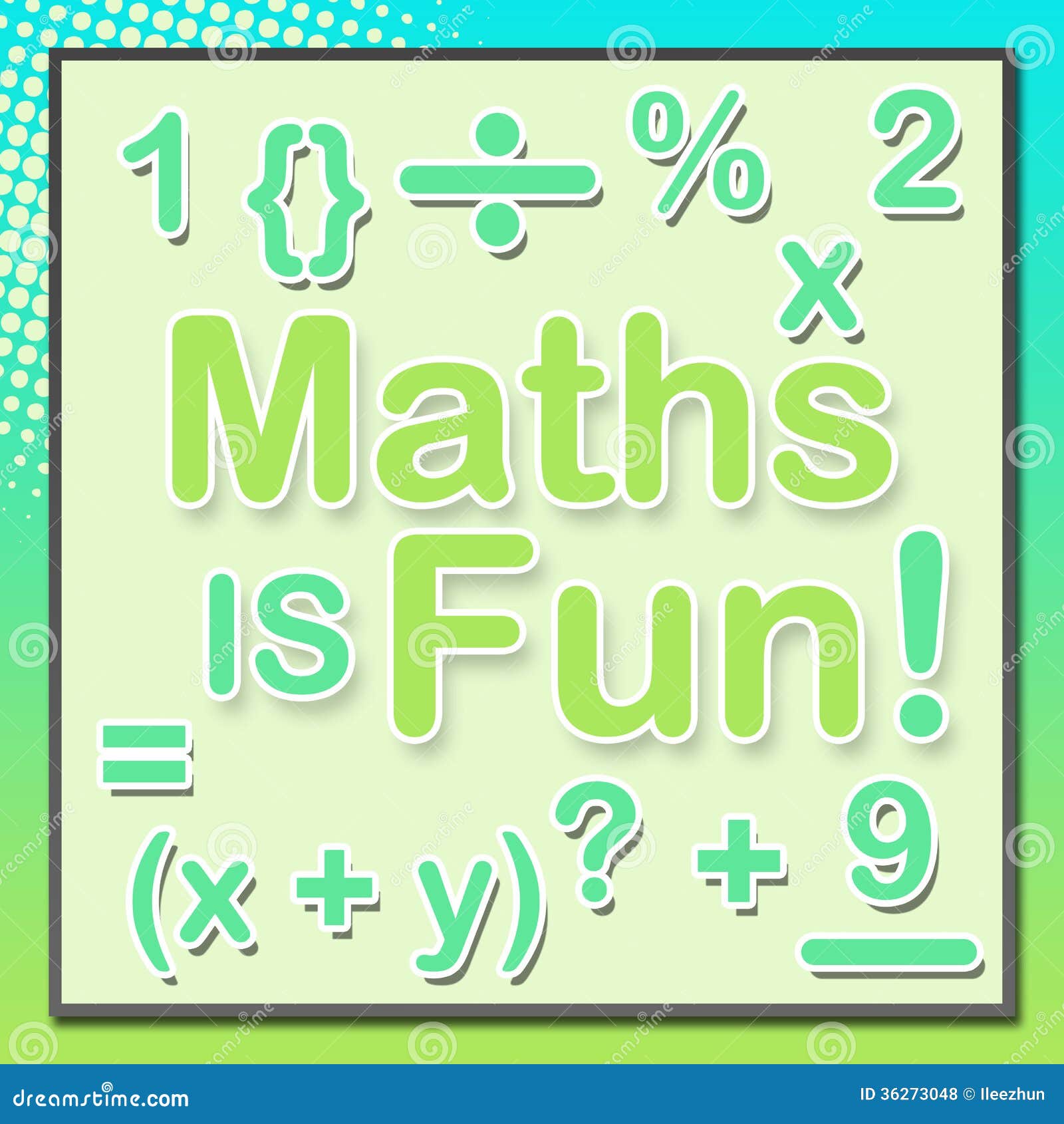According to the Programme for International Student Assessment (2006): “Scientific literacy is the capacity to use scientific knowledge, to identify questions and to draw evidence-based conclusions.” In other words scientific literacy can be defined as the knowledge and understanding behind a range of scientific concepts and processes that we use in day-to-day life in varying contexts. According to NWS (2011) students are scientifically literate they are aware and have an understanding of various scientific concepts which apply to their life within society. Furthermore these pupils will be able to read articles and then evaluate the quality of the information through applying their previous understanding. Another aspect that a pupil who is scientifically literate will be able to undertake is pin pointing specific scientific issues that influence local and central government. The term scientific literacy can therefore be referred to as an umbrella term as it refers to a number of areas.
For those who do not have a good grasp of scientific literacy it can be hard to make sense of news articles and reports, journals and even published papers which often include scientific jargon incomprehensible to the ‘everyday’ person. And so when articles and papers are published containing ideas which people cannot fully understand the instinctual response is to follow what others are doing in reaction. This is exactly what happened with the MMR scandal. A paper published by Andrew Wakefield stated that the MMR vaccination could have potential links to autism, and therefore giving your child this vaccination would increase their chance of becoming autistic. This paper was held with high regard due to the credibility of its author and publisher. For many people this paper would be far too advanced to unpick and evaluate without appropriate scientific literacy and so newspapers began to publish articles in a simpler language for people to understand. However this paper published by Wakefield was later found to be biased and based upon unfair testing and untruths. And so in fear, provoked by media pressure, many parents chose to withhold the MMR vaccination for their child, therefore putting their child at a higher risk of contracting measles, mumps and rubella. This was caused by a lack of scientific literacy allowing an informed decision to be made and this is why being scientifically literate is so important.
When doing a science experiment in a classroom it is crucial to do the test fairly to get the best possible results. Fair testing is the process of changing a different factor of the experiment and keeping the rest the exact same in order to achieve the most reliable results. There are multiple ways in which you can conduct change factors in an experiment in order to receive the best and most reliable results. Examples of the different things you could change whilst conducting science experiments could be changing the PH levels, the amount of a specific factor, the volume of a specific factor or the materials used. Fair testing in science can teach children multiple things. For example after a fair testing experiment has been carried out, it will allow the children to write up an effective conclusion about the experiment as they will have the evidence to do so. Fair testing links to science literacy as it has the children thinking and discussing the most effective ways in which to carry out an experiment
Scientific Literacy is not just having the knowledge, but is also having the understanding of scientific concepts. Meaning, that a person has the ability to explain and predicted natural phenomena. National Academy Press states; “A literate citizen should be able to evaluate the quality of scientific information on the basis of its source and the methods used to generate it.” Enforce the notion that a person who is scientifically literate should be able to explain how just the how but the why. All of this portraying the thought that you would need to know everything about science in order to be scientifically literate. However, this is false. “You can be scientifically literate without knowing how a superconductor works at the atomic level, what the various species of superconductor are or how one could go about fabricating a superconducting material.” This quote from Hazen. H and Terfil. J indicates that in order to be scientifically literate you do not need to know everything about science, but have a basic understanding of the matter being discussed.
Reference List:
Greenslade, R. (2013) “The story behind the MMR Scare” 25th April. Available at: http://www.theguardian.com/society/2013/apr/25/mmr-scare-analysis [Accessed: 13/02/16]
H Hazen. H & Trefil. J (2009) Science Matters: Achieving Scientific Literacy. United States of America.
National Academy Press (1998) National Science Education Standards. United States of America: Washington, DC.
NSW Department of Education and Communities: What is Scientific Literacy? Available at: http://www.curriculumsupport.education.nsw.gov.au/investigate/ [Accessed: 13/02/16]
PISA Programme for International Student Assessment: Scientific Literacy. (2006) Available at:
http://www.pisa2006.helsinki.fi/oecd_pisa/pisa_in_a_nutshell/scientific_literacy.htm [Accessed: 12/02/16]
Jessica Murray, Megan Gowens, Amy Louise Burnett, Kaylan McAtear
four capacities of Curriculum for Excellence. By teaching children social studies, it enables them to develop a deeper understanding of geography, history and modern studies therefore, giving them the chance to have their say on world issues and become responsible citizens. I think green best reflects this point as it symbolises the environment in which we live in. By becoming responsible citizens, children show commitment to participating responsibly in political, economic, social and cultural life. They will be able to make informed choices and decisions which will enable them to evaluate environmental issues and take care of their planet.











